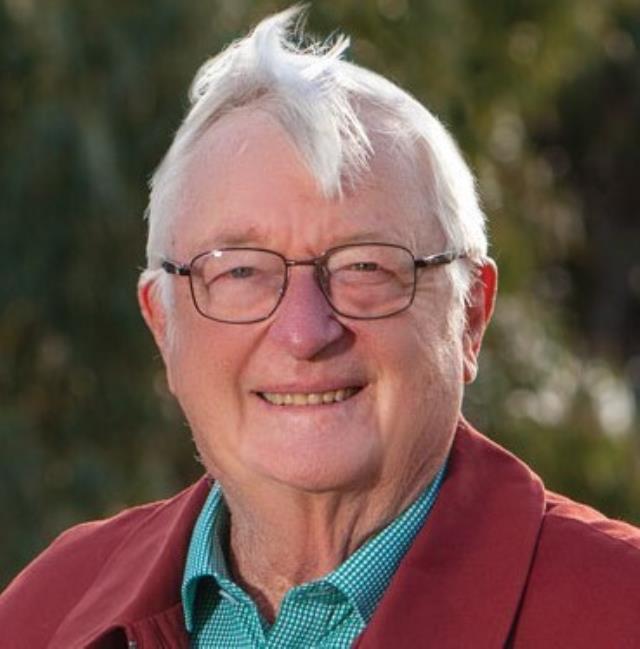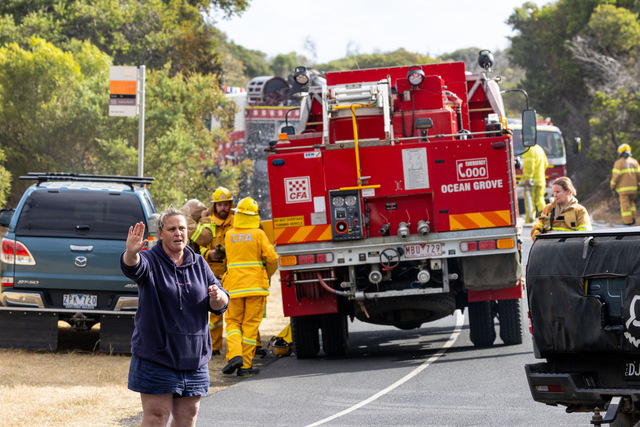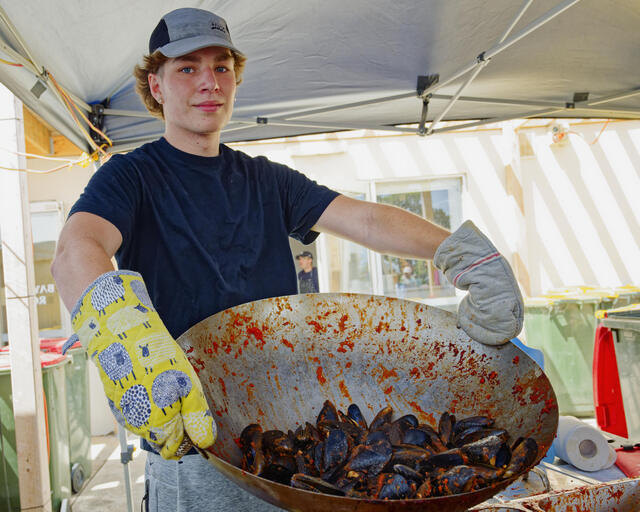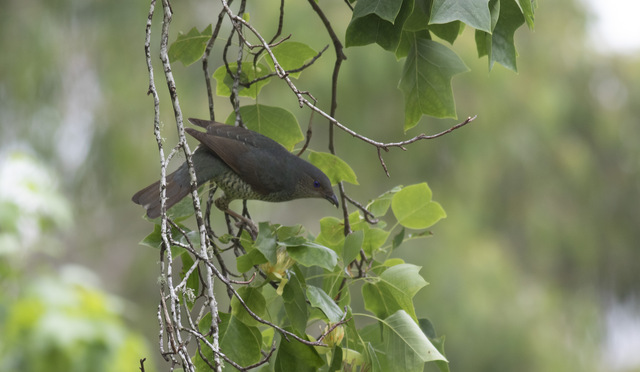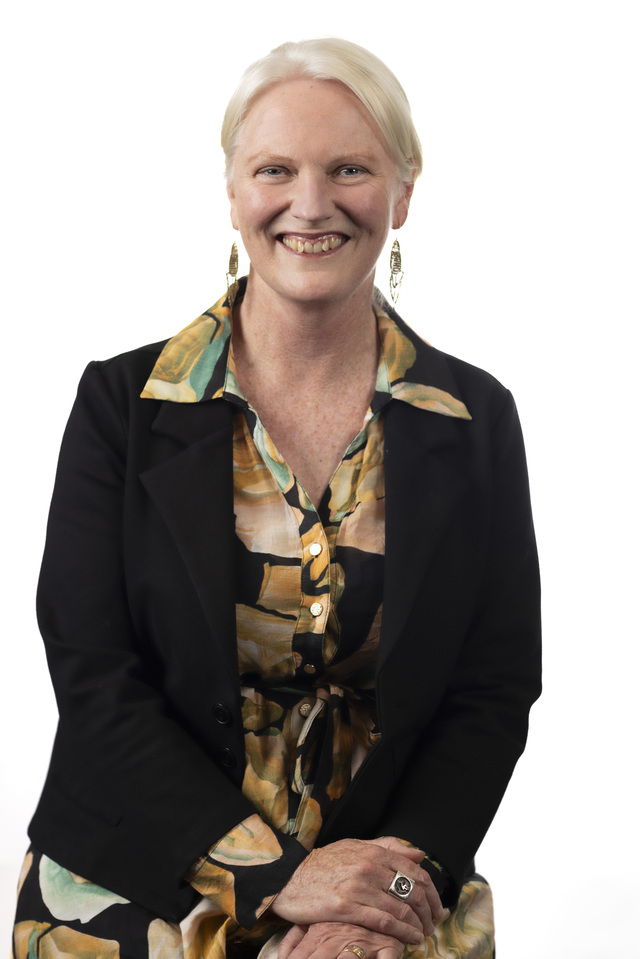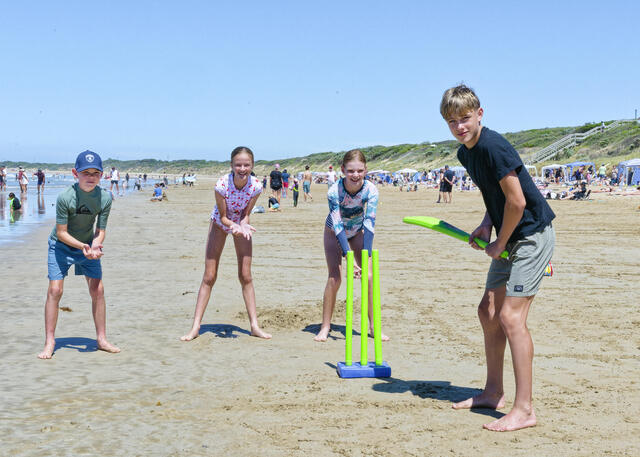Around 20 per cent of the residents in the City of Greater Geelong live in rural areas – many of them here on the Bellarine Peninsula.
So it’s important to me that the Council represents the interests of our rural and peri-urban community through our decision making and allocation of funds.
At the November Council meeting I received the unanimous support of my fellow councillors for an item I put forward regarding a potential rural livestock and information exchange for our region.
This is something we have been working on for some time that is now gaining traction.
A venue such as this would provide important physical facilities: a truck wash, specialist animal and transport vehicle weighing facilities, plus livestock sales/exchange capability.
And just as importantly, it would also be a place that supports rural social wellbeing and mental health by offering a place for farmers to meet, socialise, and exchange ideas and information.
Council has budgeted $4.15 million over three years to fund this potential facility and a report will now come back to the Council next year featuring a business case, and scoping potential sites, co-funding opportunities and operating models.
One of the added benefits of a rural livestock and information exchange would be its potential to help educate about biosecurity threats to animals, plants and the natural environment – something that is increasingly important given the threats posed by climate change.
Changes to the biodiversity of our region have happened gradually and have become quite dramatic over time.
We are contending with a proliferation of dangerous weeds that pose a serious threat to our Indigenous plant population.
The City of Greater Geelong’s Environment team is carrying out extensive regeneration work across the Bellarine, and has just received a $217,000 federal government grant to continue the sensitive management of the Buckley Park Foreshore Reserve between Collendina and Point Lonsdale.
Supporting the re-growth of native vegetation provides habitat for bird and animal life, and also helps prevent coastal erosion – which aligns closely with the Council’s strategic focus on environmental sustainability.

